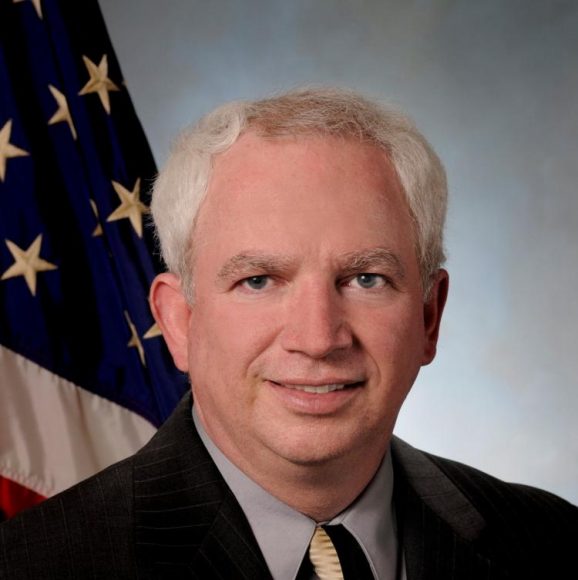
Former visiting professor John Eastman. Courtesy of CU Boulder
Former University of Colorado Boulder visiting professor John Eastman has been ordered to disclose the contents of over hundreds of emails to the Jan. 6 insurrection committee, a federal judge ruled on Monday.
A 44-page opinion by United States District Judge David O. Carter said Eastman, “launched a campaign [with President Donald Trump] to overturn a democratic election, an action unprecedented in history.”
Eastman, who was still a visiting professor at the time of the insurrection, has for months been attempting to withhold documents from the January 6 committee. He has even threatened to sue them to prevent their release and argued that he’s unable to share the information due to attorney-client privilege between him and former President Donald Trump.
The committee refuted these claims, saying in a statement earlier this month that “the facts we’ve gathered strongly suggest that Dr. Eastman’s emails may show that he helped Donald Trump advance a corrupt scheme to obstruct the counting of electoral college ballots and a conspiracy to impede the transfer of power.”
Eastman’s attorney, Charles Burnham, argues that his client has a duty to fulfill with his attorney-client privilege and that his current lawsuit against the Jan. 6 committee “seeks to fulfill this responsibility.”
Judge Carter, in his ruling Monday, eventually sided with the Jan. 6 committee, finding that only 10 emails did not need to be turned over. He also broadly stated that Trump likely committed felony obstruction of Congress and that Eastman, his then attorney, likely engaged in conspiracy to obstruct Congress.
“Eastman understood the gravity of his plan for democracy,” Carter said in his ruling. “The evidence shows that Dr. Eastman was aware that his plan violated the Electoral Count Act…[he] likely acted deceitfully and dishonestly each time he pushed an outcome-driven plan that he knew was unsupported by the law.”
The ruling now clears the way for the committee to obtain materials for the investigation and build their case against the former president and his inner circle for attempting to overturn the 2020 election.
“The committee takes the warning seriously as we push ahead in our work to get answers about Jan. 6 and its causes and to make recommendations to help ensure nothing like it ever happens again,” the committee said in response to the ruling.
Contact CU Independent Breaking News Editor William Oster at William.Oster@colorado.edu.
